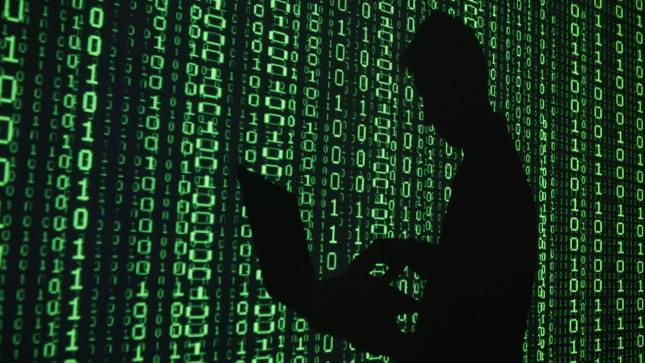by Matilda Clarke
This blog post. These words that I have willingly placed online for the world to view. Are they still mine, or do they now belong to the public? To people whom I have never met, in positions I may never have thought would spare the time to read into them. Of what interest am I, a 21 year old student studying product design at a university in Australia, to the security agencies? That’s the question on the lips of the majority of the country’s population, who are just going about their daily lives and who believe that they have nothing to hide.
There are many arguments surrounding the subject of online data, digital footprints and digital profiles. The main debate over whether the collection of metadata is for public protection or public snooping is the most apparent, significantly in the media. In reality, the topic actually extends across the vast expanse of the digital world, attracting the attentions of a myriad of different people.
So why does the thought of “metadata collection” give people the creeps? A large contributor to this discomfort is brought about by the knowledge that some unknown person, somewhere far away could be looking at and analyzing what an individual is doing online whilst sitting at home with a cup of tea, and the unintentional mystery that surrounds it. As Curtis Wallen states in his interview for Futuretense [2], there is a “lack of transparency” when it comes to the topic of metadata collection that appears to fill the public with an unease. This is exacerbated by government officials tying themselves in knots trying to explain the nature of the bill that they are trying so hard to sell to the public. Instead, this lack of understanding and an inability for the country’s leaders to explain has left the general public with little confidence in the matter at hand. Another contributor could be man’s inherent want and the right he feels to privacy, and a feeling of a lack of control. This builds on the idea that those with an intimate knowledge of technology and how it works are taking advantage of the ignorant, leading to what Kevin Robins and Frank Webster call a “Cybernetic Capitalism”.[1]
This idea of a lack of control over the data an individual creates has brought about the need, felt by some, for retaliation and this has emerged in different forms. Michael Fraser, professor of Law at UTS, has called for the need for online property rights to give back the individual some control over their digital footprint and their digital profile. If pushed further, this could extend to the individual sharing in the economy founded on this digital platform, in which corporations are benefiting and making huge profits from the analysis of the data collected. Would this apparent turn in the tables make the public more inclined to have a more positive view of the situation? Could knowing that it was a reciprocal agreement lead to the dispelling of the sense of being taken advantage of, or a sense of control incurred by the knowledge that they have the power to decide their contributions? Rather than the feeling of being lost in a sea of sheep lead by shepherds who don’t really know what they’re doing.
Where there are rules, especially those that are displeasing, there are also those keen to break them. This is seen in ‘“Raw Data” is an oxymoron’, where Rita Raley discusses ideas of “datavaillance” and “countervaillance”. She discusses a number of different ways that have risen in which to minimize an individuals data footprint or ways in which to become invisible on the internet, or disappear altogether, but as Curtis Wallen states, it is “impossible to disappear”.
So, do we really have a choice? Do we really have any power to influence the situation? Or should we all just relax, after all, it’s for our own protection…
References:
[1] Raley, Rita. 2013, ‘Dataveillance and countervailance,’ in Gitelman, L. (ed) “Raw data” is an oxym Cambridge, MA: Cambridge University Press, pp. 131-9.
[2] Social media, data and property rights, 2014, radio interview, ABC, Sydney, 16 March
Image:
Reuters 2009, Financial Review, viewed 23 August 2014, <http://www.afr.com/p/technology/metadata_collection_critics_soften_mR1Pla5rfZXwaPVp6yQVUJ>.

